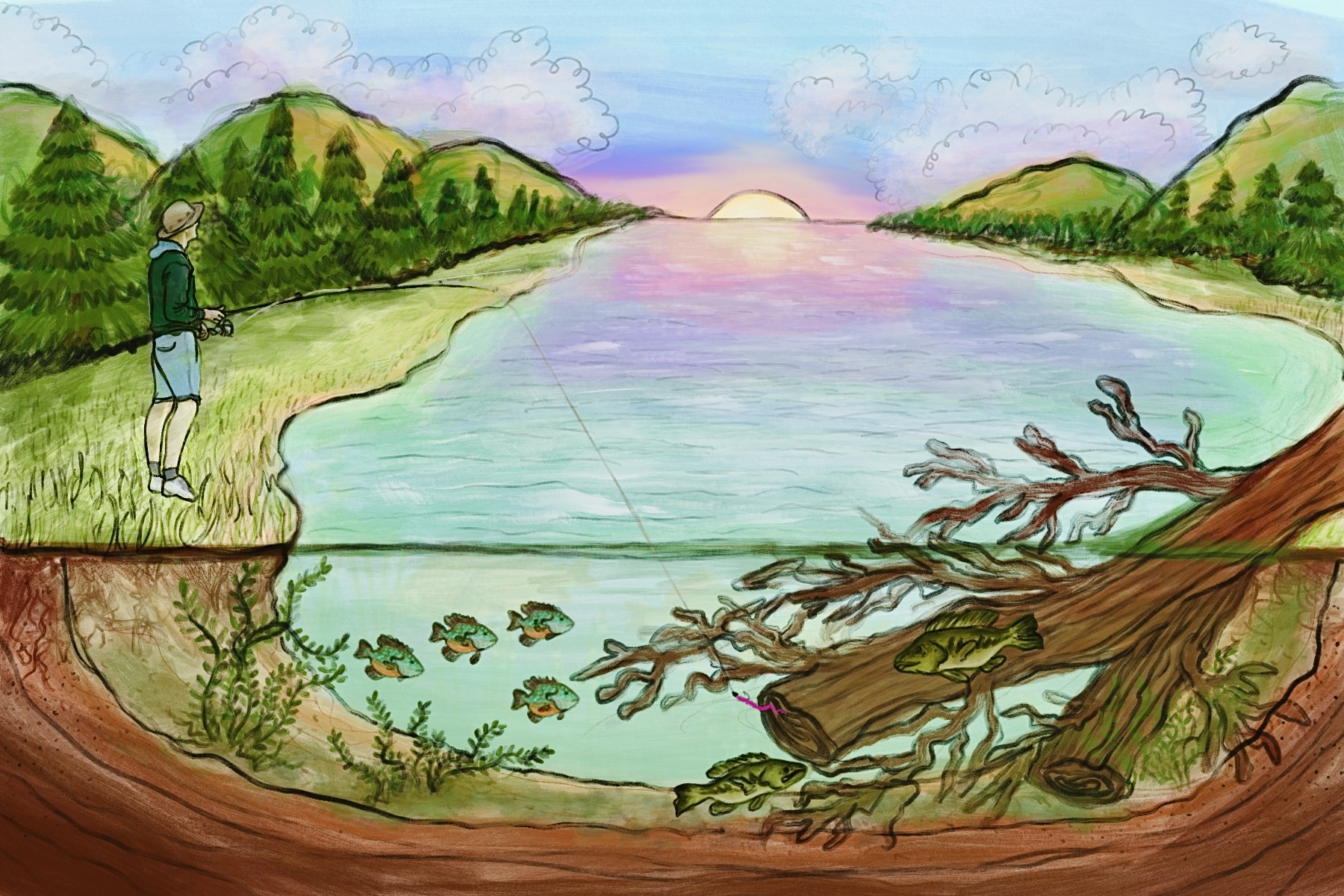
Fishing is not merely a pursuit; it’s an art form that demands patience, skill, and a deep understanding of the environment. For those new to the sport, or looking to refine their approach, embracing a more mindful relationship with nature can transform your experience from mere fishing to an act of engaging with the water’s rhythm. Here’s how to start your journey.
Master the art of observation
Before you even cast your line, take a moment to observe. The most successful anglers understand that their first catch of the day is not a fish but insights from their surroundings. Look for signs of fish activity; birds diving can indicate baitfish, which in turn suggests predator fish are not far behind. Note the wind direction and water temperature, as these can significantly affect fish behavior. Observation is your entry point into the water’s narrative; learn to read it well.
Gear up thoughtfully
Selecting the right gear is crucial, but it’s not about having the most expensive setup. Focus on versatility and suitability for your target species and fishing location. A medium-action spinning rod and reel combo is a good start for beginners. Equip yourself with a variety of baits and lures to experiment with what works best in your chosen fishing grounds. Remember, the goal is to mimic the natural prey of the fish, so observation ties back into your gear choices as well.
Understand your quarry
Each species of fish has unique behaviors and preferences. Largemouth bass, for instance, are known for lurking around structure for ambush opportunities. Research the habits of your target species, including their preferred habitat, feeding times, and diet. This knowledge, paired with your on-site observations, will guide you in choosing the right fishing spots and techniques.
Respect the environment
A mindful angler also recognizes the importance of conservation. Practice catch and release properly to ensure fish populations remain healthy for future generations. Be mindful of local regulations and contribute to keeping the waters clean by not leaving any trash behind. Respect for the environment is not just ethical; it enhances the fishing experience for everyone.
Connect with the community
Fishing is also about the community. Engage with local angling groups or online forums. Sharing experiences and tips with fellow anglers can provide invaluable insights and enrich your fishing journey. Competitions, such as those organized by Bassmaster, offer a chance to learn from seasoned anglers while testing your skills in a supportive environment.
Reflect and record
Lastly, keep a fishing journal. Record the details of your outings, including weather conditions, the lures or baits used, and the outcomes. Over time, this log will become a treasure trove of personal insights, helping you refine your strategies and deepen your connection with the sport.
Fishing is a journey of continuous learning and discovery. By embracing a mindful approach to angling, you not only improve your chances of success but also cultivate a deeper appreciation for the natural world. So, as you set out on your next fishing adventure, remember that every cast is an opportunity to grow, not just as an angler, but as a steward of the great outdoors.




